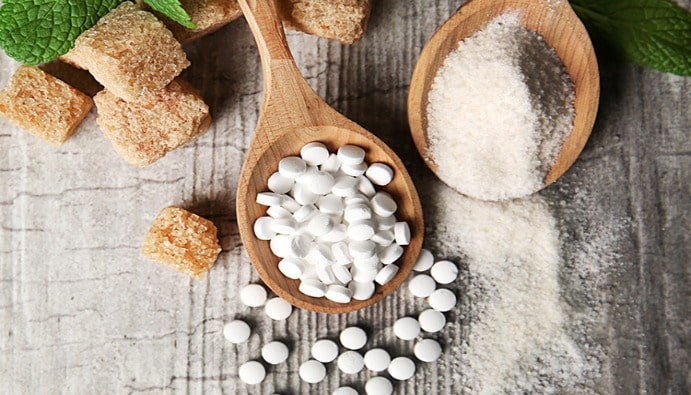Determination of Artificial Sweeteners: Food Safety
Are Artificial Sweeteners Good or Bad?

What are Artificial Sweeteners?
Artificial sweeteners are used in the food industry as low-calorie sweeteners. These sweeteners are compounds that taste like sugar and are widely preferred to limit energy intake and combat obesity. However, there is controversy about the safety and health effects of artificial sweeteners.
General Properties and Use of Artificial Sweeteners
Types of Artificial Sweeteners
- Aspartame: One of the most widely used sweeteners. It is up to 200 times sweeter than sugar.
- Cyclamate: Up to 30 times sweeter than sugar and often used in combination with aspartame.
- Acesulfame-K: Up to 200 times sweeter than sugar and resistant to thermal processing.
- Saccharin: The oldest artificial sweetener and 300-400 times sweeter than sugar.
- Neotame: 7,000 times sweeter than sugar and used in very low doses.
- Liquid Aspartame and Aspartame Acesulfame Potassium Blends (like Neotame): It is quite strong compared to other sweeteners.
Use in the Food Industry
- It is widely used in diet drinks, sugar-free gums, diet products and some sweet foods.
- It is preferred as a low-calorie alternative to reduce energy intake in sugar-containing products.
Food Safety and Consumer Protection
- Less Sugar and Sugar Free Products: Artificial sweeteners are preferred in low-calorie foods and beverages to replace sugar. These products can help prevent diseases such as obesity and diabetes. On food labels, sweeteners should be labeled as “artificial sweeteners” and accurate information should be provided to ensure consumer confidence.
- Controlled Use: If artificial sweeteners are consumed regularly, limited doses are recommended to reduce health risks. Increasing consumer awareness encourages the correct use of these sweeteners and minimizes health risks.
- Food Industry and Evolving Consumer Demands: Artificial sweeteners are used by the food industry to develop low-calorie products. These products are preferred by consumers who want to adopt a healthy lifestyle. Thanks to advanced analytical methods, the correct amount of these sweeteners is used in foods and the safety of the products is guaranteed.
Nanolab Laboratories Group continues to provide services within the scope of Determination of Artificial Sweeteners. We also provide services in determination of additives.
Contact us for more information.
You can follow us on LinkedIn for up-to-date news and posts about our services.
Follow our Instagram account to be informed about our latest blog posts.

